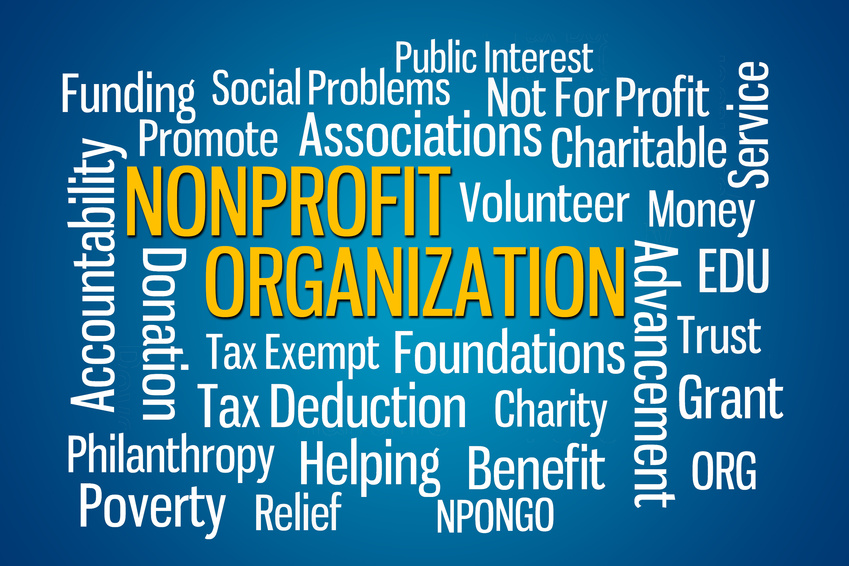
The key purpose of an organisation is to solution the issue — why does the organisation occur at all? This is different from defining objectives or objectives at a certain level in time. In the non-profits, the core function is taken for granted by successive era of leaders. That is partly because of the reason that the core purpose is frequently defined therefore extensively that it becomes axiomatic that the primary purpose makes utter feeling, no real matter what improvements could have occurred in the external environment. Who are able to issue the fact that bad occur, and they require support, or that poor people’s healthcare needs aren’t being met, and hence there is a need certainly to handle these?
So goes the thinking.
But, if you pause for a moment, and question the issue: what is the better way to simply help poor people? Since the observed Economist, Milton Friedman, argued over three ages ago, the best way to greatly help poor people is to help them become richer. If the primary intent behind a non-profit was defined in this language, you might measure the performance in terms of wealth made, income increased, resources improved etc. This might also permit the organisation to define a clear and engaging vision, while simultaneously allowing it to measure and track its performance.
Nevertheless, non-profits have traditionally shied away from such specifics, and donor and supporters (customers) are expected to take the organisations for who they’re, what they signify, and what they assurance, maybe not what they deliver.
This paradigm is slowly shifting. There’s raising force now on non-profits to deliver and demonstrate results. Many donors have today been encouraging companies to undertake actions that have been generally sent in the past by the non-profit sector. Corporate social obligation is breaking new surface with regards to how organizations interact with society. Taking care of the society and the prone is no further the maintain of the governments and the non-profits.
It’s heartening to note that some of the corporate giants have moved beyond their corporate social duty, and started redefining the primary intent behind their businesses. PepsiCo is reshaping relationships between business and society. PepsiCo is evaluating the health implications of their services and products, it’s partnership with governments and NGOs, and initiating approaches to encourage younger technology to get responsibility early inside their careers. It’s released a relationship with Spend Administration Inc. to produce modern community recycling kiosks offering incentives for customers to deposit empty containers and cans. The organization has been working a competition to find a very good not-for-profit organisations whose cultural improvements may resolve substantial world problems.
Non-profit leaders require to show a tougher gratitude of those improvements happening globally, and realise that they can perhaps not take their donors and public help for given – simple great motives and claims which sustained them before aren’t enough any longer. Certainly one of reasons why the non-profit segment globally has been steeped in a fixed style of thinking is the (perceived) success non-profits have experienced in the past. Despite devoid of apparent methods and benchmarks to attain, there is no denying that a few of the work done by non-profits have created immense influences on the lives of thousands of people all around the world. However, future can not be viewed as an extrapolated expansion of the past.
